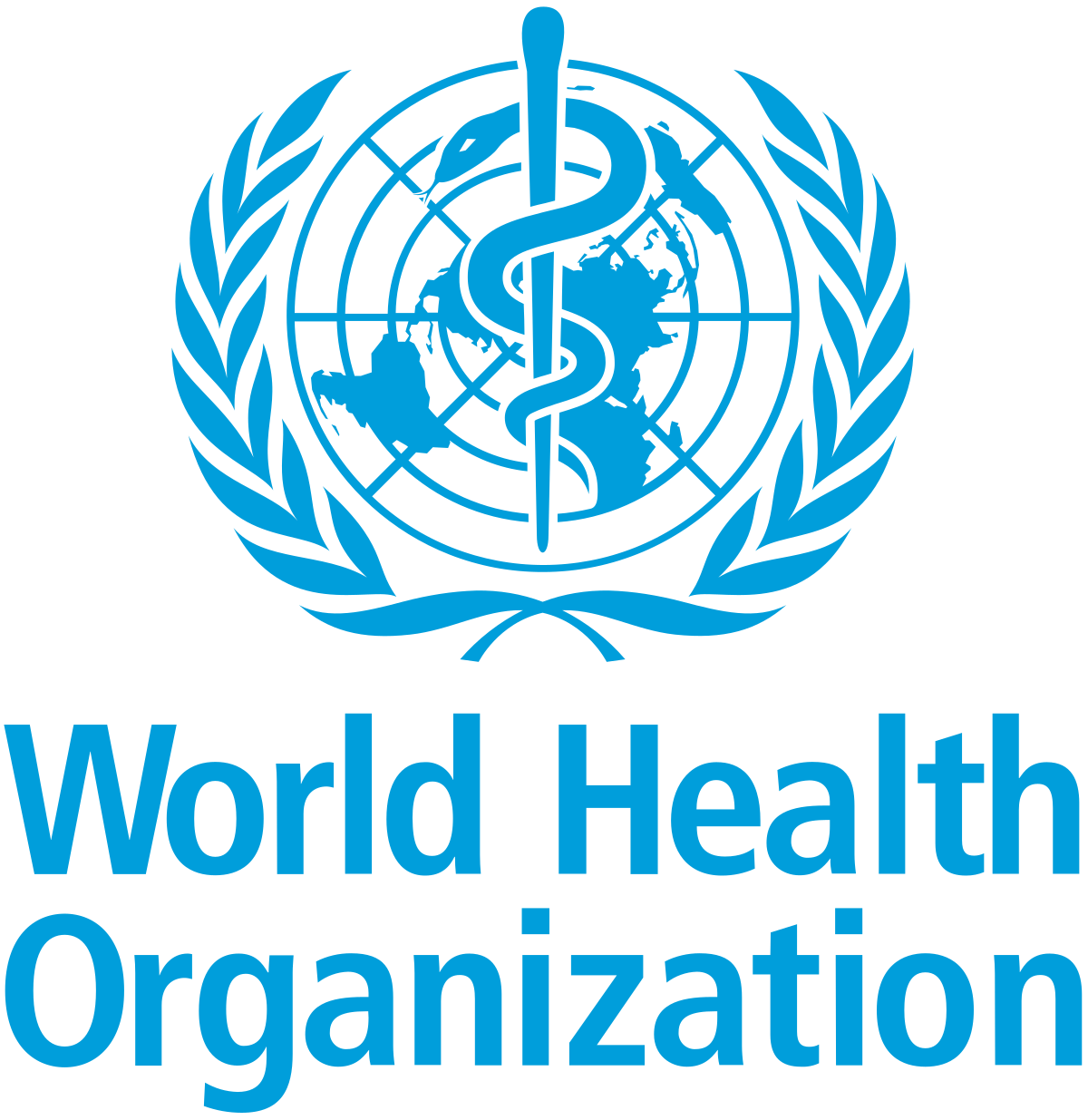Korede Abdullah in Lagos
An outbreak of anthrax has raised alarms in Virunga National Park, North Kivu, Democratic Republic of the Congo Congo, after dozens of buffalo and hippopotamuses were found dead earlier this year.
Samples tested at the Goma veterinary laboratory confirmed the presence of anthrax spores, sparking fears of transmission to humans. “Anthrax is a dangerous bacterial zoonosis transmissible from animals to humans through contact with infected animals or contaminated products,” officials warned.
To curb the spread, Congolese health, environment, fisheries and livestock departments, backed by the World Health Organization (WHO) and partners, have adopted a “One Health” strategy that integrates human, animal and environmental health measures.
“One of the high-impact measures led by the national authorities with the support of partners was the development of the national multi-sector anthrax preparedness and response plan,” said Dr Aline Katerekwa Ntamushigo of the National Programme for Emergencies and Humanitarian Action.
WHO epidemiologist Dr Célestin Ndaliko stressed that “every anthrax investigation becomes an act of resilience” to stop the disease’s spread.
As of 26 May 2025, 24 suspected human cases have been reported alongside the deaths of over 90 wild and domestic animals. WHO has delivered more than four tonnes of medicines to health facilities and bolstered cross-border coordination with Uganda.
“In most cases, the disease can be cured with antibiotics, which must be prescribed by a health professional,” noted Dr Leopold Ouedraogo, WHO Emergency Manager.
Local health officials say preparedness has improved dramatically: “So far, even if our Binza health zone has not yet recorded any human cases, we have what it takes to prevent and be ahead of what could happen,” said Chief Medical Officer for Binza, Dr Bernard Kakule.



